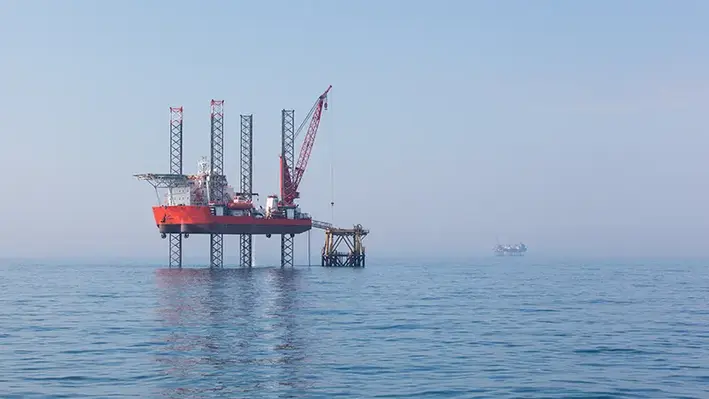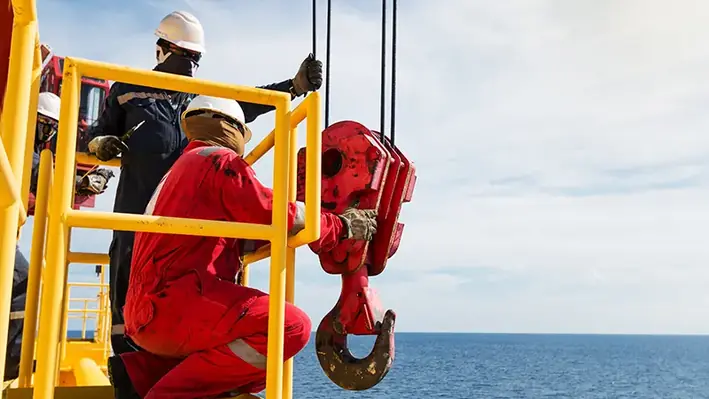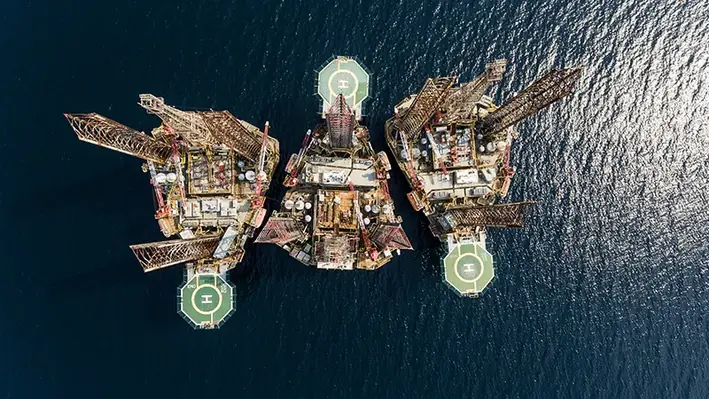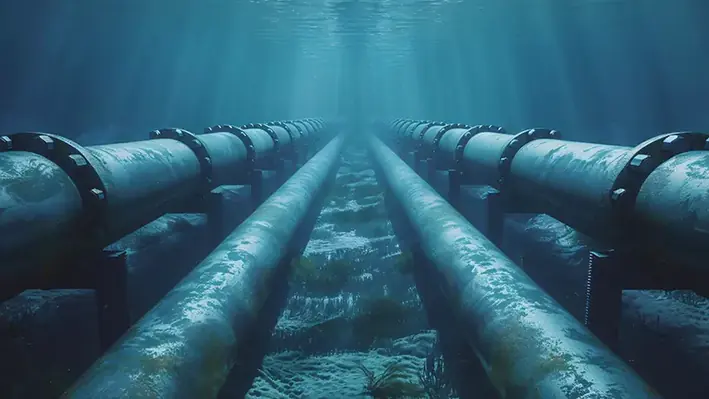 Global law firm Clifford Chance has provided its feedback on Australia’s recently-published roadmap for decommissioning, calling the blueprint a welcome development but one that needs "tangible" support to ensure success.
Global law firm Clifford Chance has provided its feedback on Australia’s recently-published roadmap for decommissioning, calling the blueprint a welcome development but one that needs "tangible" support to ensure success.
In its report – The Road to Decommissioning: Establishing a Global Decommissioning Hub in Australia – it charts the steps Australia plans to make following the release of the government’s long-awaited Offshore Resources Decommissioning Roadmap. In its closing remarks on where to next for the industry, Clifford Chance highlights some of the many opportunities –and challenges –ahead.
"There is significant potential for growth in the Australian decommissioning industry through involvement in upskilling employees, re-purposing existing ports and building facilities that will improve the efficiency of recycling decommissioned materials," it states. "The government's commitment to ensuring Australia is equipped to grow the decommissioning industry is a welcome development, which needs to be matched with tangible actions."
Testimony to Australia's continuing commitment to energy transition, the main objective of the roadmap is to develop a world leading decommissioning hub in Australia. This proposed hub will service global demands, seizing the opportunity to capitalise on the estimated US$60bn spend on decommissioning offshore facilities over the next 30 to 50 years. Among the growth opportunities highlighted by Clifford Chance are prospects for international collaboration. It notes that Australia lacks adequate vessels for engaging in heavy offshore decommissioning and there is also an opportunity for stakeholders to collaborate with other global markets to import machinery. Port modification is also seen as another area of opportunity. No existing Australian port researched by CODA and KPMG has all the required attributes to handle offshore decommissioning, Clifford Chance noted in its report. This means existing ports will need to be modified to host decommissioning.
But ultimately, this is only the beginning of the journey, it adds. "It is clear that the Australian government, and its state counterparts (who must come along this journey), are still in the information-gathering phase of developing the industry, as there has been a recent request for tender by the Department of Industry Science and Resources for technical advice relating to decommissioning.
"It is a long road ahead, but the areas of development highlighted by the government should act as a checklist for interested parties in ensuring that Australia is at the forefront of the decommissioning industry.
"The roadmap is a welcome and significant stepping stone in Australia’s energy transition journey, and in developing and fostering stakeholder engagement on Australia's ambitions to become a global leader in the offshore decommissioning sector. Australia's next step is eagerly awaited."




